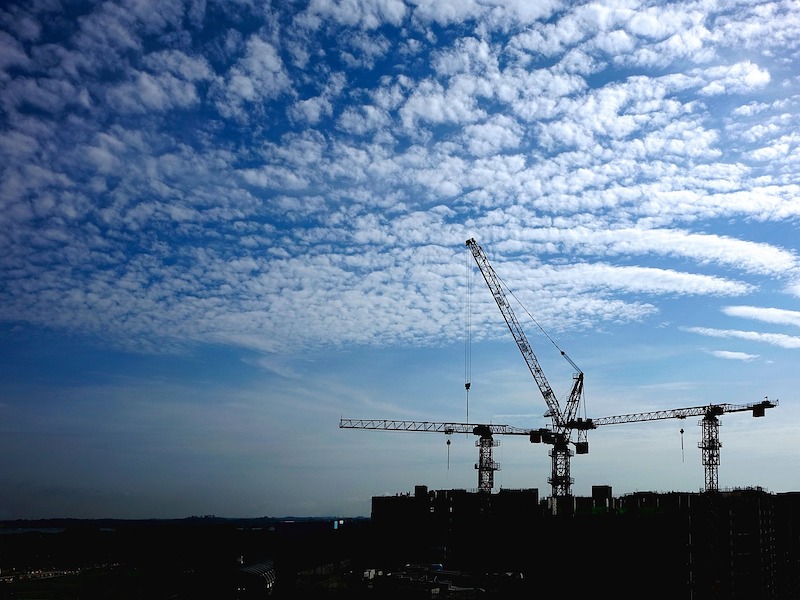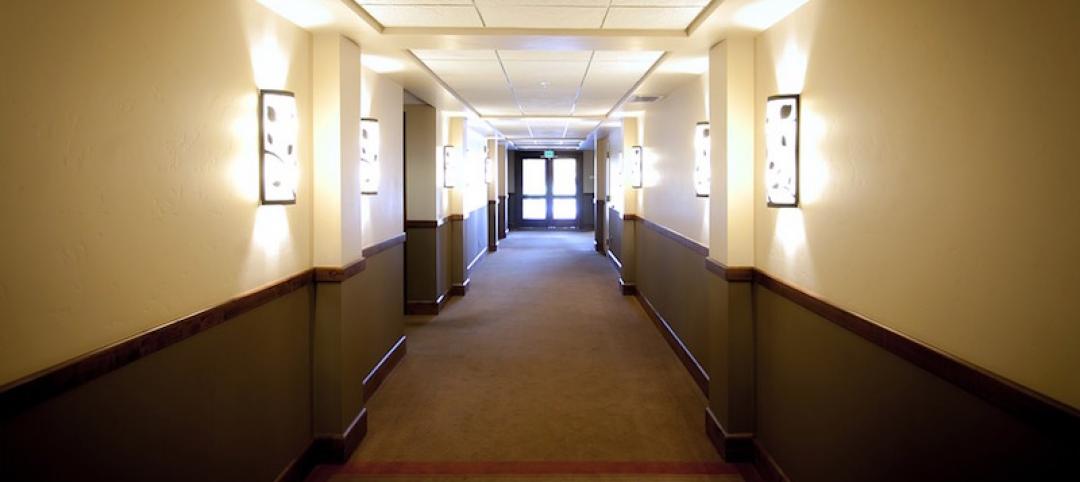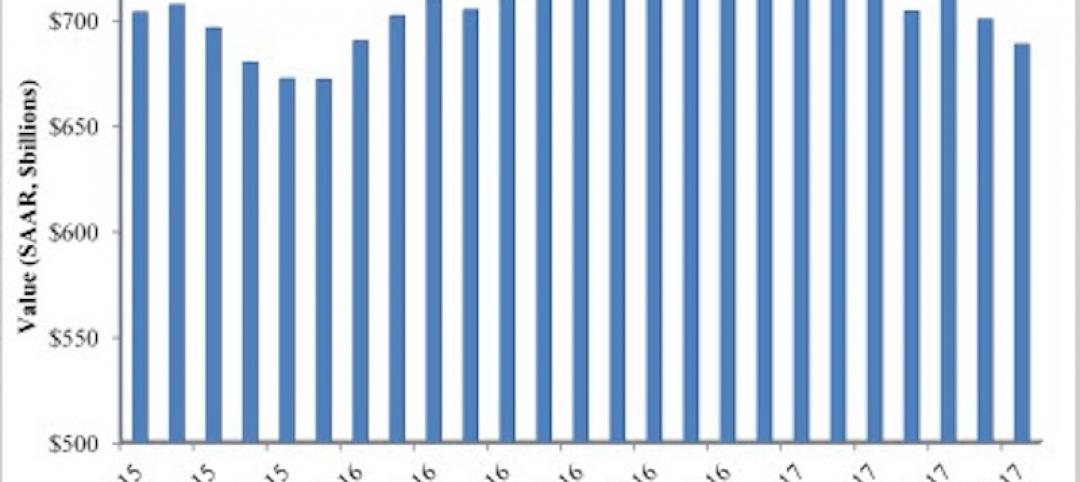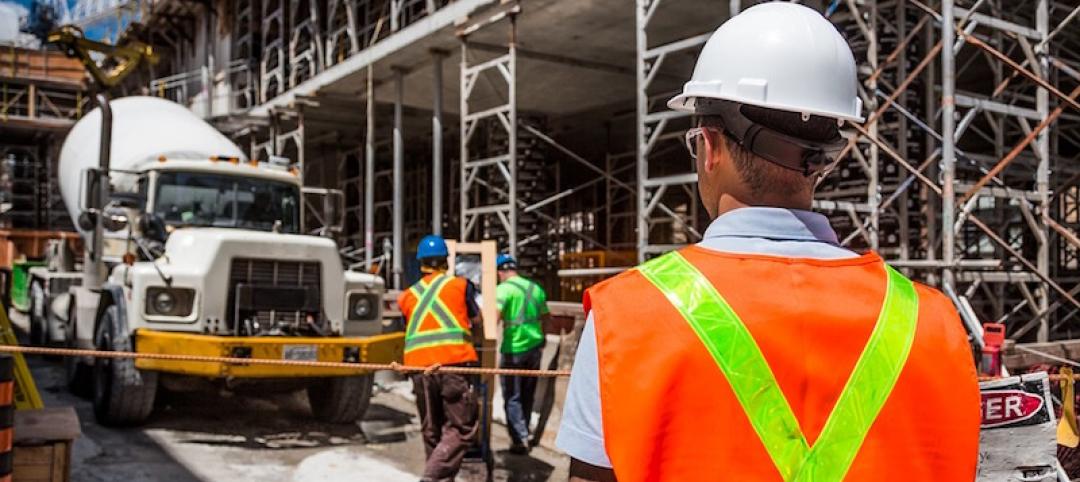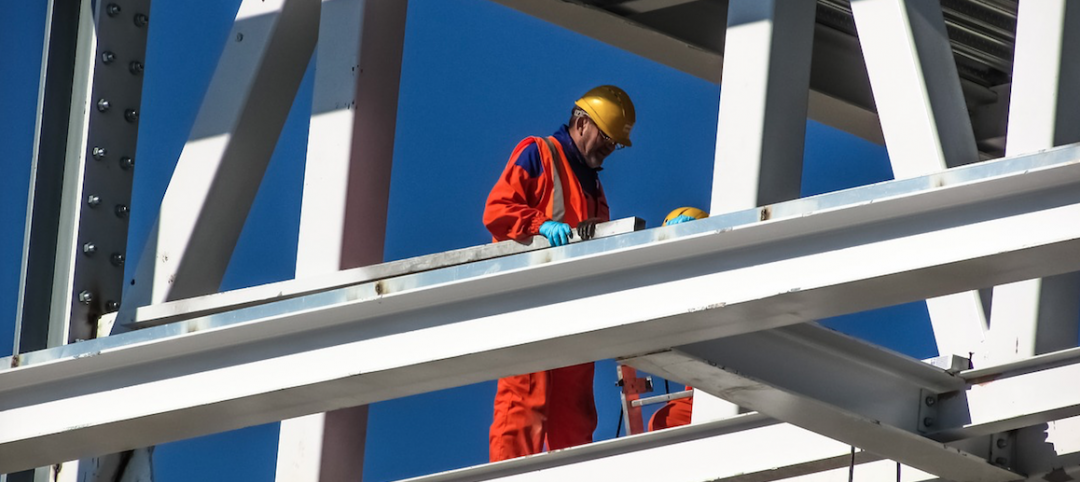Construction employment increased by 51,000 jobs in December, with gains for nonresidential as well as residential contractors, according to an analysis by the Associated General Contractors of America of government data released today. Association officials cautioned, however, that its latest survey shows widespread pessimism among contractors about the volume of work available in 2021, and they urged lawmakers to focus on measures designed to rebuild the economy and demand for construction.
“December’s employment gains likely reflect milder weather than usual for the month rather than sustained demand for projects,” said Ken Simonson, the association’s chief economist. “In fact, our survey found contractors expect the volume of work is likely to decline for nearly all nonresidential project types, and most firms have experienced project cancellations or postponements.”
Construction employment climbed to 7,413,000 in December, an increase of 0.7% compared to November. However, employment in the sector remains down by 226,000 or 3.0% since the most recent peak in February.
Residential construction has weathered the pandemic much better than nonresidential segments, Simonson added. While both parts of the industry had huge job losses from the pre-pandemic peak in February to April, residential building and specialty trade contractors have now recouped all of the employment losses they incurred. In contrast, nonresidential construction employment—comprising nonresidential building, specialty trades, and heavy and civil engineering construction—was 241,000 lower in December than in February.
Unemployment in construction nearly doubled in 2020. The industry’s unemployment rate in December was 9.6%, compared to 5.0% in December 2019. A total of 930,000 former construction workers were unemployed, up from 489,000 a year earlier. Both figures were the highest for December since 2013.
The association’s 2021 Construction Hiring and Business Outlook Survey found that 78% of contractors reported a project had been canceled or postponed, while only 25% reported winning new or additional work as a result of the pandemic, the economist noted. He said that suggests many firms will have to lay off employees once current projects wrap up. The survey included responses from more than 1,300 contractors that perform all types of construction other than homebuilding.
Association officials urged the new Congress and incoming Biden administration to enact measures to boost investments in all manner of public infrastructure. They added that Washington needs to backfill depleted state and local construction budgets so those new federal infrastructure investments can be more effective in boosting demand and construction employment.
“As Washington officials pivot from providing pandemic relief to focusing on rebuilding the economy, infrastructure needs to be at the top of their agenda,” said Stephen E. Sandherr, the association’s chief executive officer. “There is a real chance to come out of the pandemic with a stronger and more efficient economy fs we can act now to rebuild aging and over-burdened infrastructure.”
Related Stories
Hotel Facilities | Sep 6, 2017
Marriott has the largest construction pipeline of any franchise company in the U.S.
Marriott has the most rooms currently under construction with 482 Projects/67,434 Rooms.
Market Data | Sep 5, 2017
Nonresidential construction declines again, public and private sector down in July
Weakness in spending was widespread.
Market Data | Aug 29, 2017
Hidden opportunities emerge from construction industry challenges
JLL’s latest construction report shows stability ahead with tech and innovation leading the way.
Market Data | Aug 28, 2017
U.S. hotel construction pipeline is up 7% year-over-year
For the economy, the rate of growth may be low but it’s running on all cylinders.
Market Data | Aug 23, 2017
Architecture Billings Index growth moderates
“The July figures show the continuation of healthy trends in the construction sector of our economy,” said AIA Chief Economist, Kermit Baker.
Architects | Aug 21, 2017
AIA: Architectural salaries exceed gains in the broader economy
AIA’s latest compensation report finds average compensation for staff positions up 2.8% from early 2015.
Market Data | Aug 20, 2017
Some suburban office markets are holding their own against corporate exodus to cities
An analysis of mortgage-backed loans suggests that demand remains relatively steady.
Market Data | Aug 17, 2017
Marcum Commercial Construction Index reports second quarter spending increase in commercial and office construction
Spending in all 12 of the remaining nonresidential construction subsectors retreated on both an annualized and monthly basis.
Industry Research | Aug 11, 2017
NCARB releases latest data on architectural education, licensure, and diversity
On average, becoming an architect takes 12.5 years—from the time a student enrolls in school to the moment they receive a license.
Market Data | Aug 4, 2017
U.S. grand total construction starts growth projection revised slightly downward
ConstructConnect’s quarterly report shows courthouses and sports stadiums to end 2017 with a flourish.


